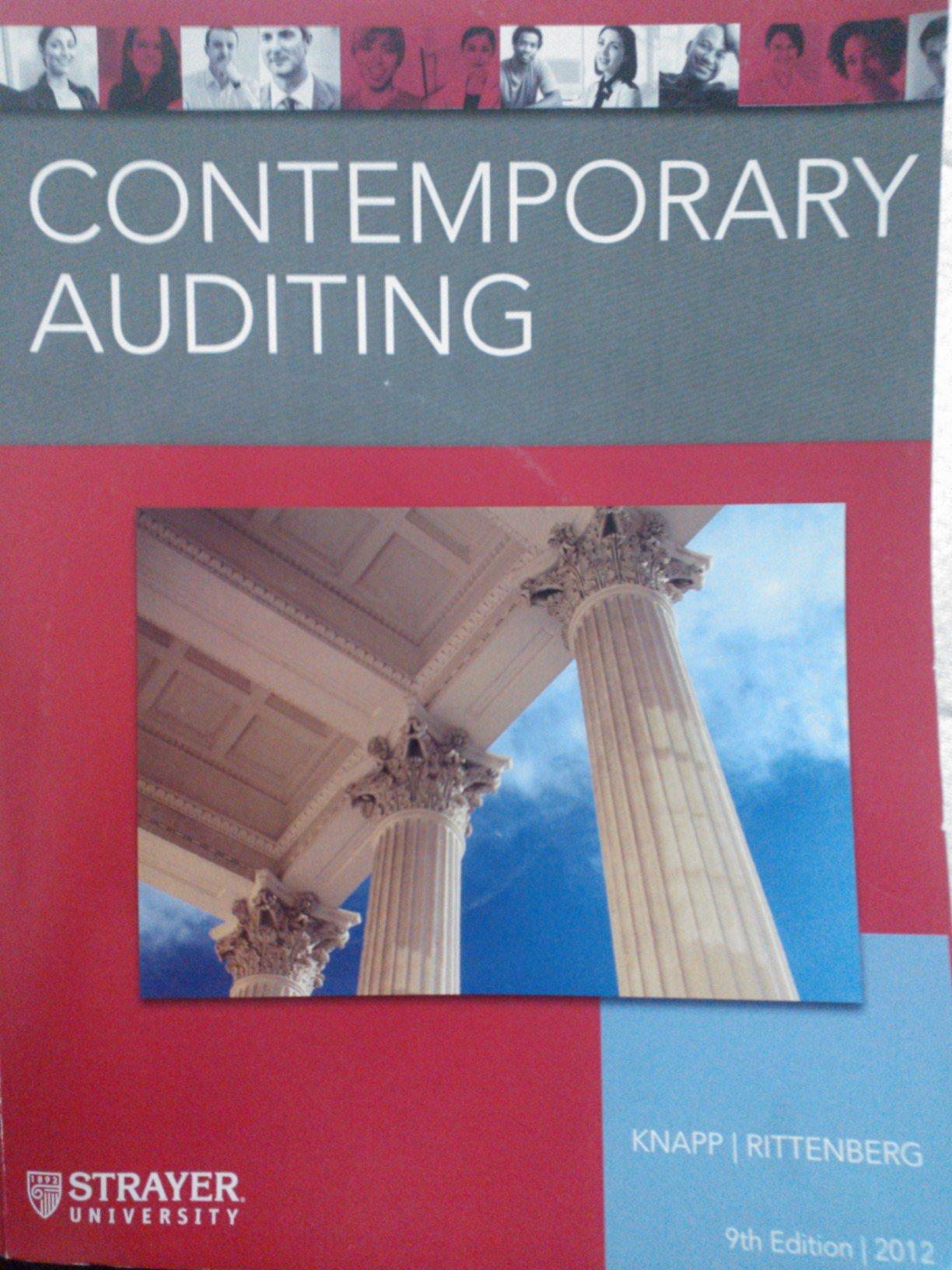Answered step by step
Verified Expert Solution
Question
1 Approved Answer
Audit Procedures for Intellectual Property Valuation When auditing intellectual property ( IP ) valuation, auditors employ specific procedures to ensure the accuracy and reliability of
Audit Procedures for Intellectual Property Valuation
When auditing intellectual property IP valuation, auditors employ specific procedures to ensure the accuracy and reliability of the reported values. Intellectual property includes patents, trademarks, copyrights, and trade secrets which are often significant assets for companies. Here are some common audit procedures for intellectual property valuation:
Review of Valuation Methods: Auditors review the methods used by management or valuation specialists to determine the fair value of intellectual property. This includes assessing the appropriateness of valuation approaches such as the cost, market, or income approach.
Verification of Inputs and Assumptions: Auditors verify the inputs and assumptions used in the valuation model. This involves assessing the reasonableness of key factors such as projected cash flows, discount rates, growth rates, and royalty rates.
Comparison with Market Data: Auditors may compare the valuation results with market data or recent transactions involving similar intellectual property assets. This helps validate the reasonableness of the reported values and identify any discrepancies.
Evaluation of Management Estimates: Auditors evaluate the reasonableness of management's estimates and judgments regarding the value of intellectual property. They assess the adequacy of disclosures related to the valuation process and any significant uncertainties or risks involved.
Testing of Internal Controls: Auditors test the effectiveness of internal controls over the valuation of intellectual property. This includes assessing controls over the development of valuation models, review processes, and approval mechanisms.
Review of Legal Documentation: Auditors review legal documentation related to intellectual property ownership, licensing agreements, and any restrictions or encumbrances that may affect the valuation. This helps ensure that the reported values accurately reflect the legal rights and obligations associated with the IP assets.
Assessment of Impairment: Auditors assess whether there are any indicators of impairment that may require adjustments to the carrying amount of intellectual property. This involves considering factors such as changes in market conditions, technological obsolescence, or adverse legal developments.
Consideration of Tax Implications: Auditors consider the tax implications of intellectual property valuation, including potential deferred tax assets or liabilities arising from differences between book and tax values. They assess the consistency of tax treatments applied to IP assets.
By performing these audit procedures, auditors can provide assurance regarding the reliability of intellectual property valuations disclosed in the company's financial statements.
Now, let's proceed with the objective type question:
Which of the following audit procedures involves comparing the valuation results with market data or recent transactions involving similar intellectual property assets?
A Review of Valuation Methods
B Verification of Inputs and Assumptions
C Comparison with Market Data
D Evaluation of Management Estimates

Step by Step Solution
There are 3 Steps involved in it
Step: 1

Get Instant Access to Expert-Tailored Solutions
See step-by-step solutions with expert insights and AI powered tools for academic success
Step: 2

Step: 3

Ace Your Homework with AI
Get the answers you need in no time with our AI-driven, step-by-step assistance
Get Started


